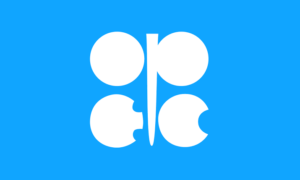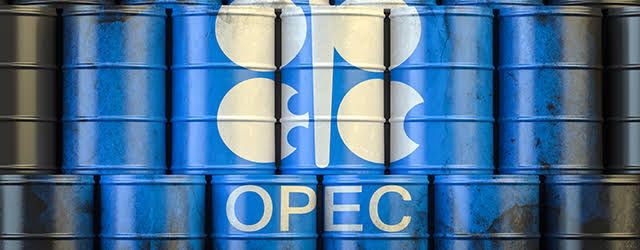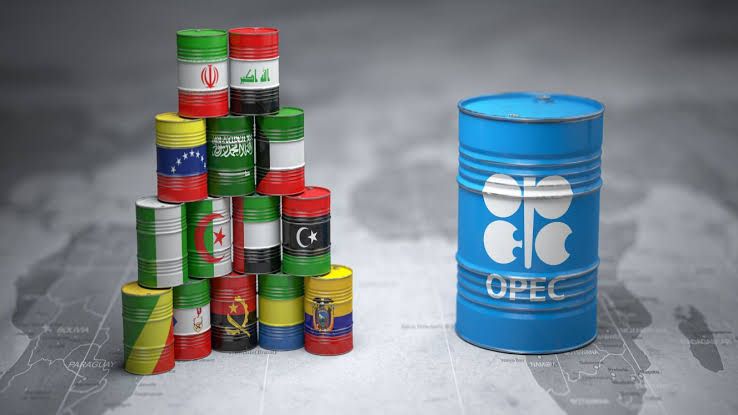 According to a survey by Bloomberg, the Organisation of Petroleum Exporting Countries’ (OPEC) cut in production for June was the lowest since the Gulf war in 1991.
According to a survey by Bloomberg, the Organisation of Petroleum Exporting Countries’ (OPEC) cut in production for June was the lowest since the Gulf war in 1991.
This slash is attributed to efforts made by the Kingdom of Saudi Arabia, the organisation’s biggest member, to further cut production by one million barrels which is a cut from 11.3 million barrels per day to 7.53 million barrels per day in June.
The efforts made by its fellow Gulf exporters, Kuwait and the United Arab Emirates to make extra cuts after fully complying to their OPEC+ quota adds to this too.
The laggards for May, the first month that the OPEC+ agreement to cut about 10% of global supplies went into effect have also made progress with complementing for their over-production. Angola implemented 83% of its quota while Nigeria and Iraq implemented 77% and 70% of their quotas respectively.
Also, compliance from the Organisation’s allies has aided the steady recovery of the global oil market. According to the survey, Russia pumped close to its target for a second month and Kazakhstan was close to hitting its quota.
The drop in the Organisation’s output is also traced to a decline in production from Venezuela and although Caracas is exempted from making deliberate cuts, it pumped only 340,000 barrels a day in June.
All of these and a highly-encouraging rate of compliance and adherence to the cut deal are the reasons for the drop in supply and the slow but steady recovery of the global oil market.
Membership changes since May 1991 during the Gulf war may affect the comparison of the production cut but this is the lowest in almost three decades in the Organisation’s output. The survey is based on information from officials, ship-tracing data and estimates from various consultants.
On the first of July, oil prices were above $41 a barrel. This shows the impact of the OPEC+ cut in production on the global oil production and supply after the historically low prices recorded in April due to the COVID-19 pandemic.
There has been a recent rise in the number of coronavirus cases globally as countries have eased their restrictions and there is fear that countries might be forced to go into another lockdown, for now, the oil recovery is on the bright side.



